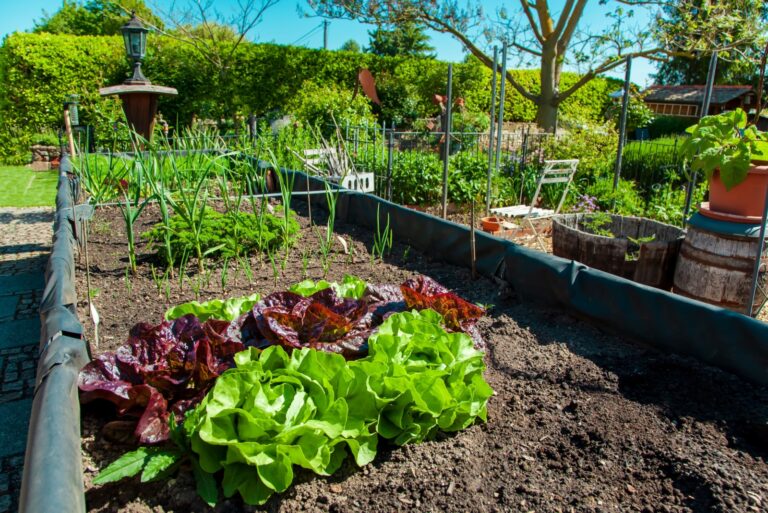10 Yard Features That Could Get You In Trouble In Kentucky
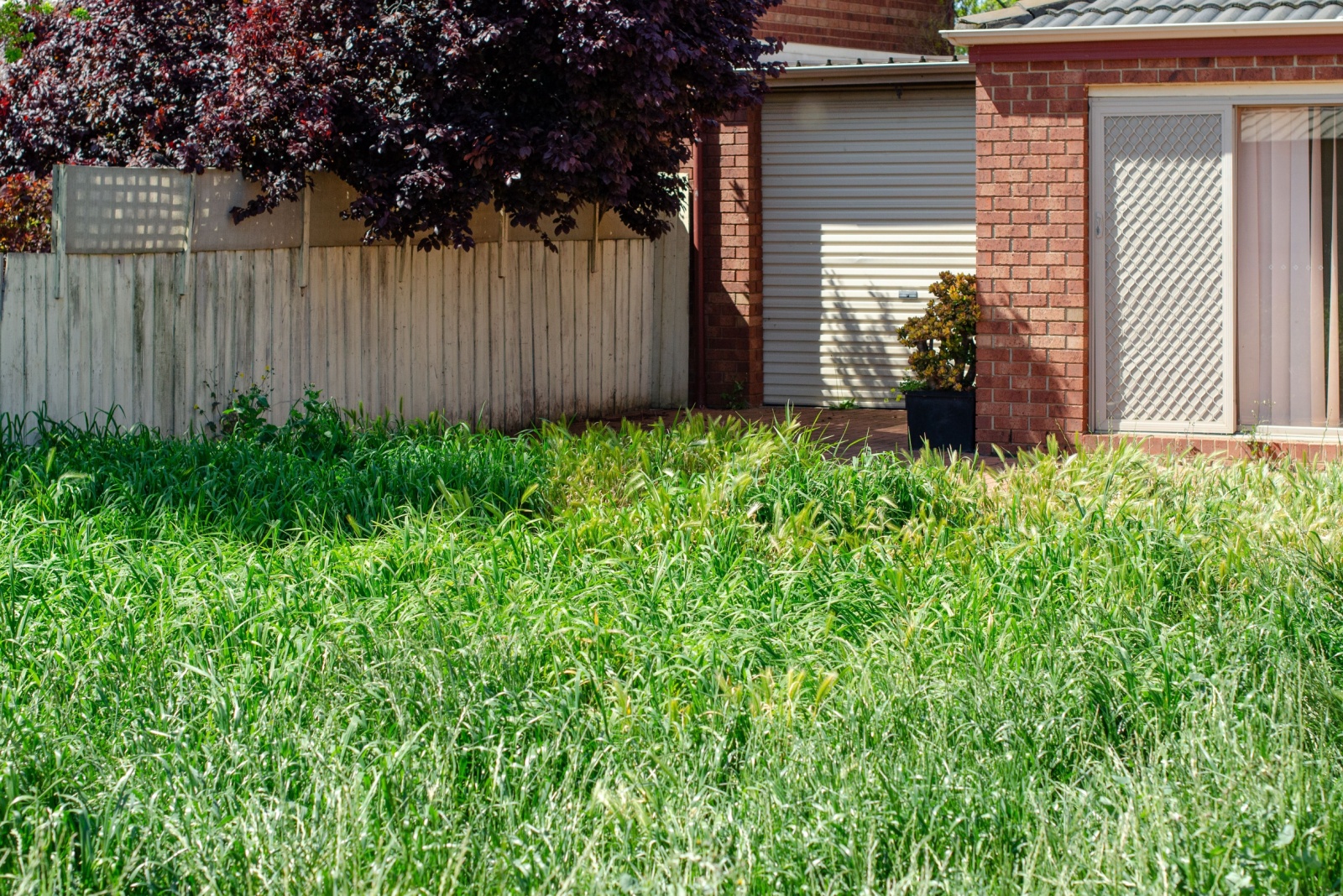
Your yard is your personal slice of Kentucky paradise, but some features might land you in hot water with local authorities. Kentucky’s laws and regulations about property maintenance vary by county and city, affecting what you can and can’t have in your yard.
nderstanding these rules helps you avoid fines and neighborhood disputes while keeping your outdoor space both beautiful and legal.
1. Overgrown Grass Jungles
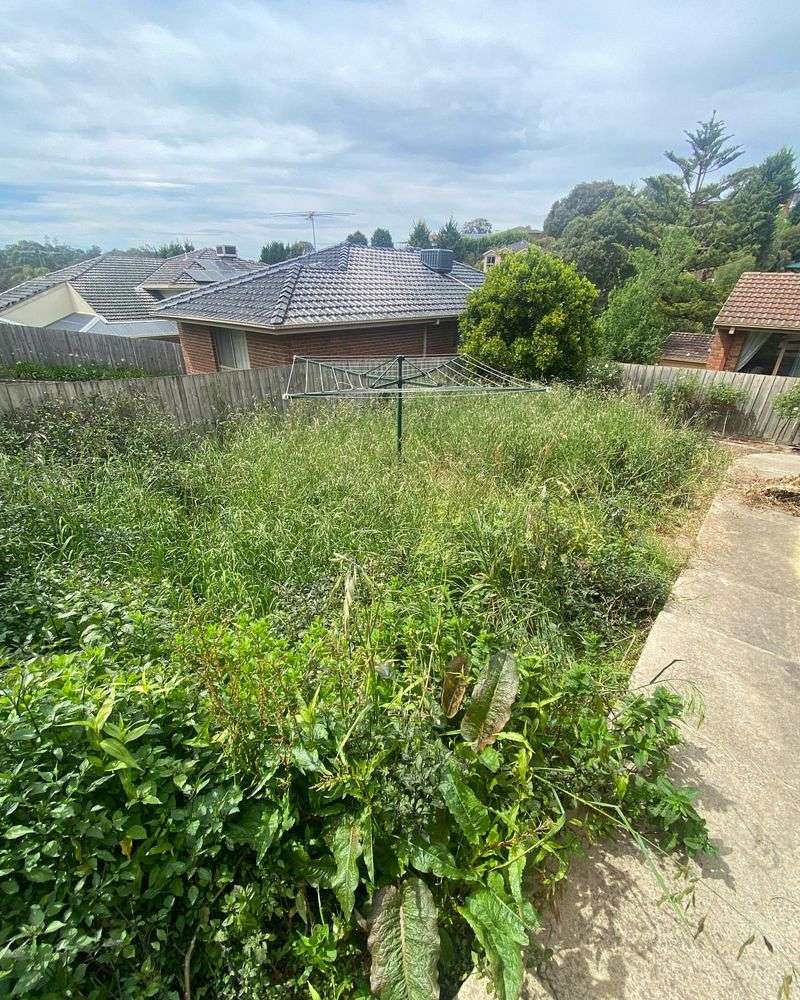
Most Kentucky cities have strict ordinances about lawn height, typically capping it at 10-12 inches. When your grass grows wild, you might face warnings followed by hefty fines.
In Louisville, neglected yards can cost owners up to $250 per day in penalties! Beyond fines, tall grass attracts unwanted visitors like snakes, ticks, and rodents that neighbors won’t appreciate.
2. Junked Vehicle Collections
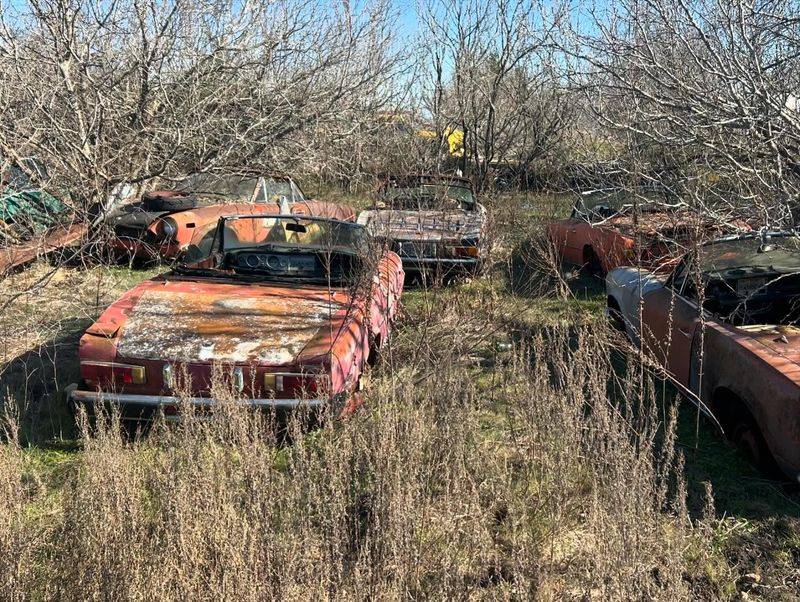
That collection of non-working vehicles might seem like future restoration projects to you, but Kentucky views them differently. Abandoned or inoperable cars without current registration sitting in your yard violate many local ordinances.
Neighbors can report these eyesores, leading to removal notices from code enforcement. Some counties consider junked vehicles environmental hazards due to leaking fluids and rusting metal contaminating soil.
3. Controversial Political Displays
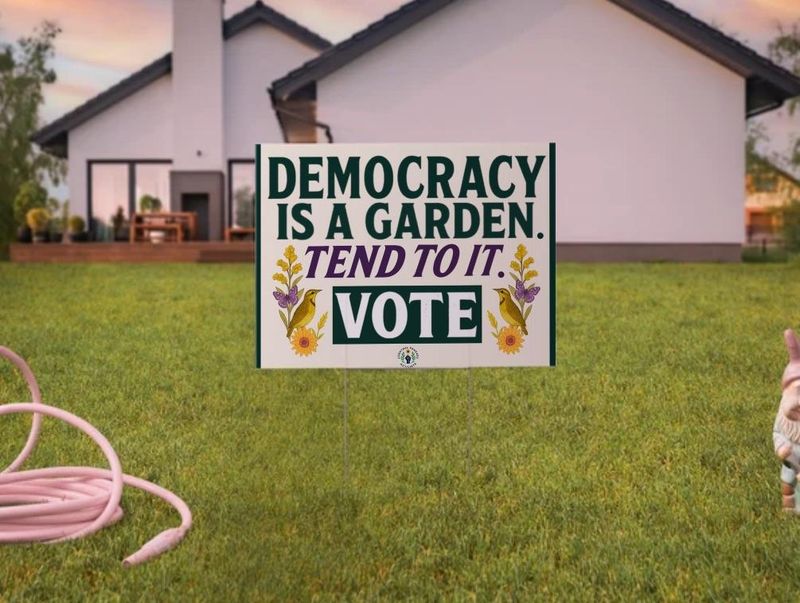
Freedom of speech has limits when it comes to yard signs and displays in Kentucky. While political expressions are protected, excessive size, offensive content, or placement too close to public rights-of-way can trigger complaints.
Homeowners associations often have stricter rules about political displays than municipalities do. During election seasons, temporary political signs must typically be removed within a specific timeframe after Election Day or face potential fines.
4. Improper Fence Construction
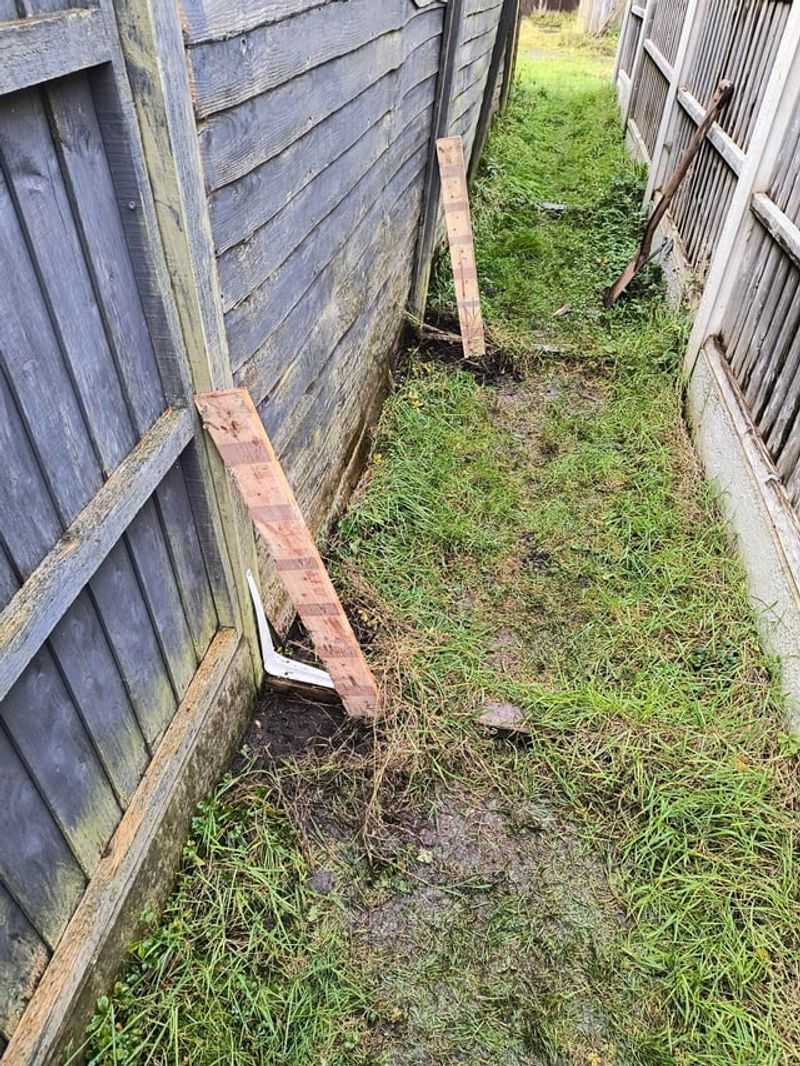
Building a fence without checking local regulations first is a common mistake in the Bluegrass State. Height restrictions typically limit front yard fences to about 4 feet, while backyard fences can go higher.
Placing your fence even slightly over your property line creates boundary disputes with neighbors. Many Kentucky towns also regulate fence materials and appearance, especially in historic districts where chain-link might be prohibited entirely.
5. Backyard Chicken Flocks
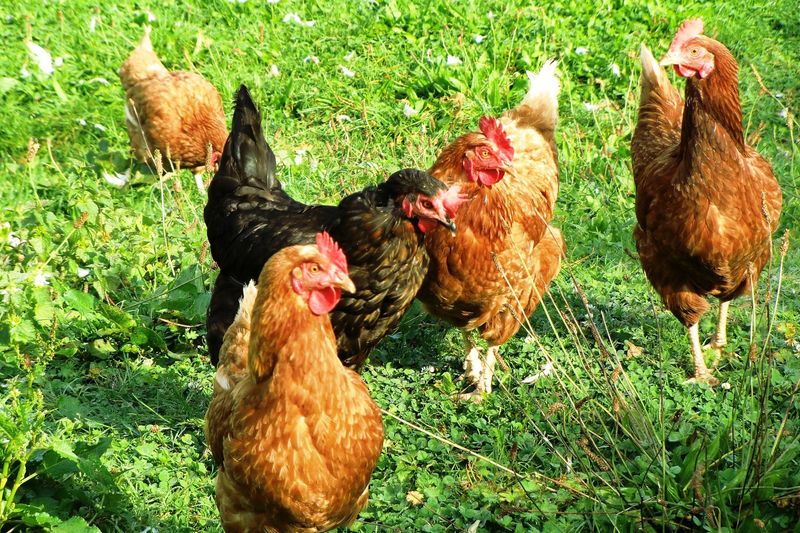
Farm-fresh eggs sound delightful until you discover your Kentucky town prohibits backyard chickens. Urban and suburban areas often restrict livestock, including poultry, with varying rules about flock size and coop distance from property lines.
Roosters are particularly problematic due to their early-morning crowing habits. Even in chicken-friendly zones, improper waste management can trigger nuisance complaints from neighbors who don’t appreciate the smell or flies accompanying your feathered friends.
6. Rain Barrel Blunders
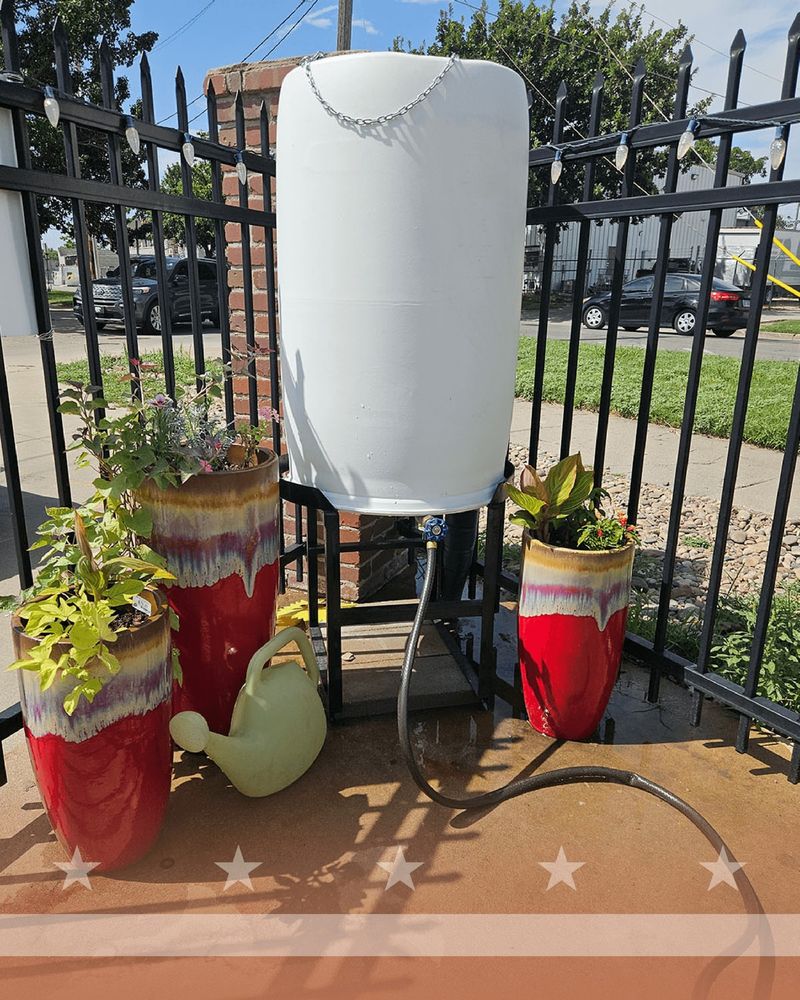
Collecting rainwater seems eco-friendly, but improper rain barrel setups cause headaches in Kentucky. Uncovered barrels become mosquito breeding grounds, violating public health ordinances in many counties.
Poorly positioned barrels that overflow onto neighboring properties create drainage disputes. Some HOAs ban visible rain collection systems entirely for aesthetic reasons, requiring homeowners to hide them or face fines for violating community standards.
7. Recreational Fire Hazards

Backyard fire pits bring warmth and ambiance but can spark trouble with Kentucky fire codes. Many municipalities require fire features to be at least 25 feet from structures and property lines.
Burning yard waste is often completely prohibited in urban areas. During drought conditions, even properly constructed fire pits may be temporarily banned, with violations resulting in significant fines – especially if firefighters respond to concerned neighbor calls.
8. Appliance Graveyards
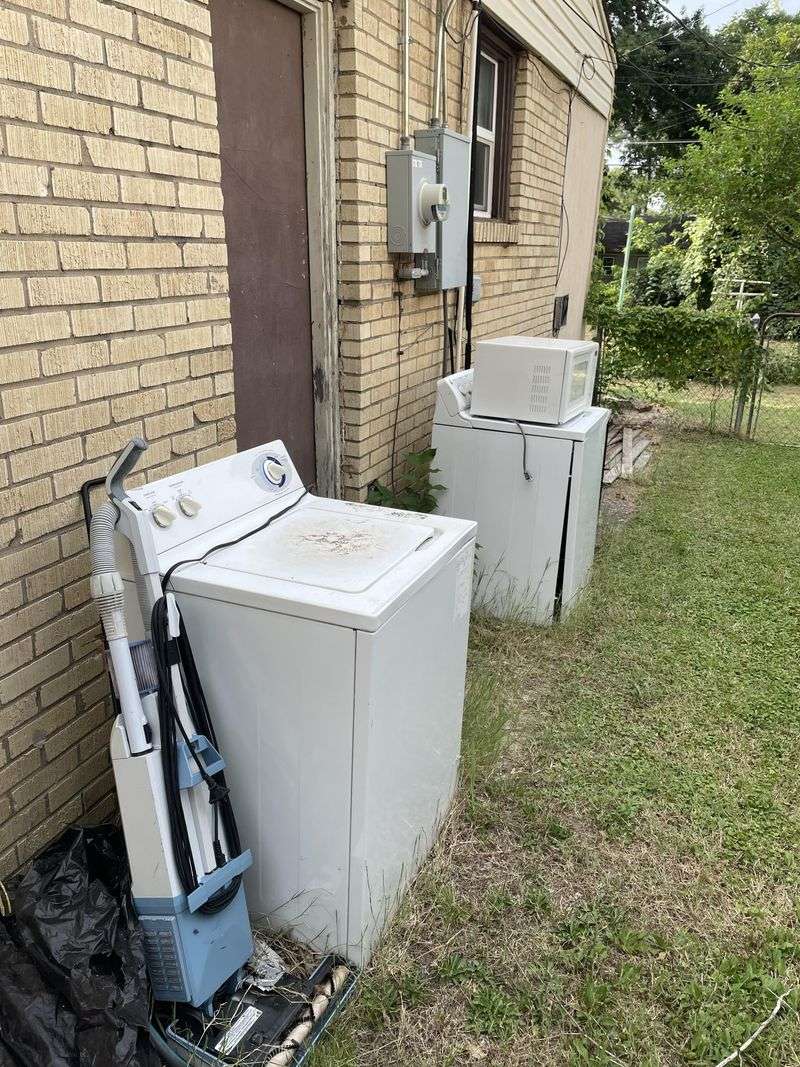
That old refrigerator or washing machine waiting for “someday” repairs becomes an illegal eyesore according to Kentucky property maintenance codes. Outdoor appliances create safety hazards for children who might become trapped inside.
Beyond safety concerns, appliances collect rainwater, creating mosquito breeding grounds. Most Kentucky counties classify visible appliance storage as “improper outdoor storage,” subject to escalating fines if not promptly removed after official warnings.
9. Excessive Wildlife Feeding

Feeding local wildlife seems kindhearted until your Kentucky neighborhood becomes overrun with raccoons, deer, or feral cats. Many municipalities have ordinances against feeding non-domesticated animals due to disease concerns and property damage.
Bird feeders generally remain acceptable, but ground feeding that attracts rodents violates health codes. Wildlife feeding can create dangerous human-animal interactions and property damage to neighboring yards, making you liable for both fines and potential lawsuits.
10. DIY Drainage Disasters
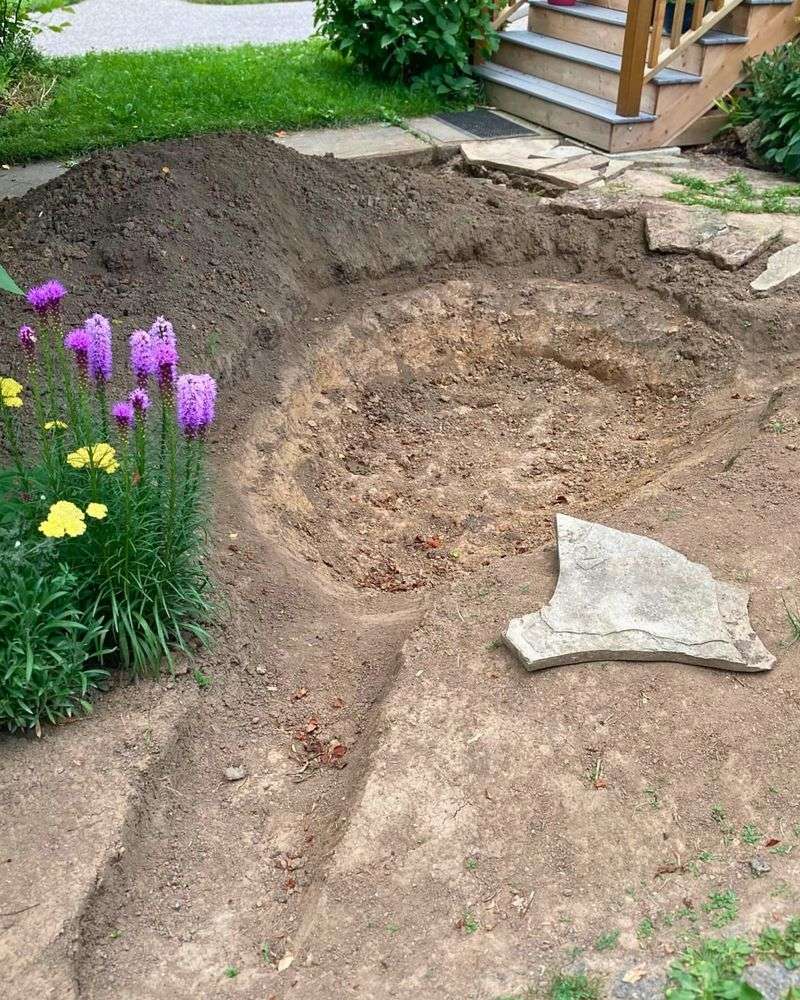
Redirecting water from your Kentucky property might solve your flooding issues while creating legal problems. Altering natural drainage patterns that send runoff onto neighboring properties violates state water laws.
Homemade drainage solutions like concrete channels or improperly installed French drains often lack necessary permits. Water disputes rank among the most common neighbor conflicts in Kentucky, potentially resulting in civil lawsuits for property damage in addition to code violation penalties.




